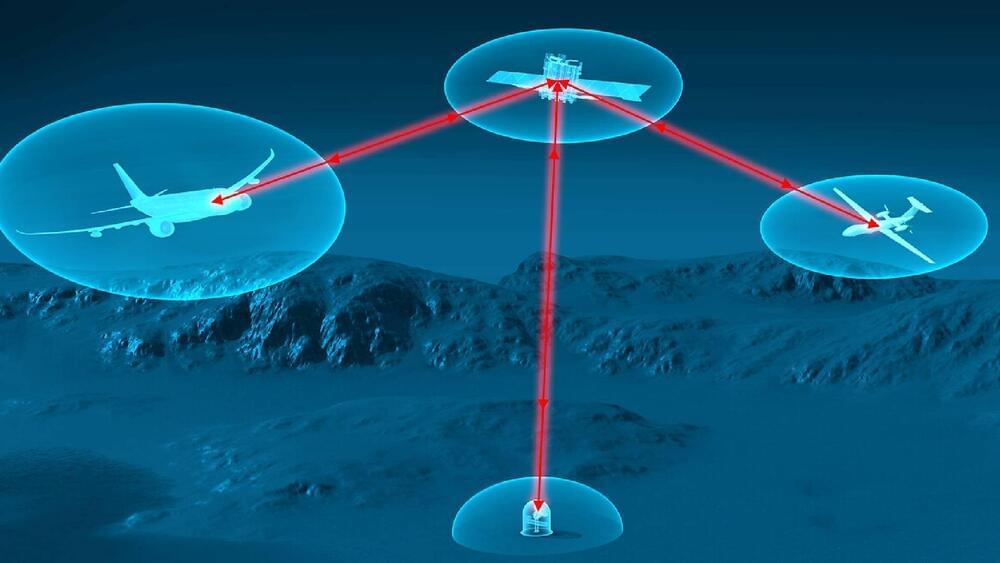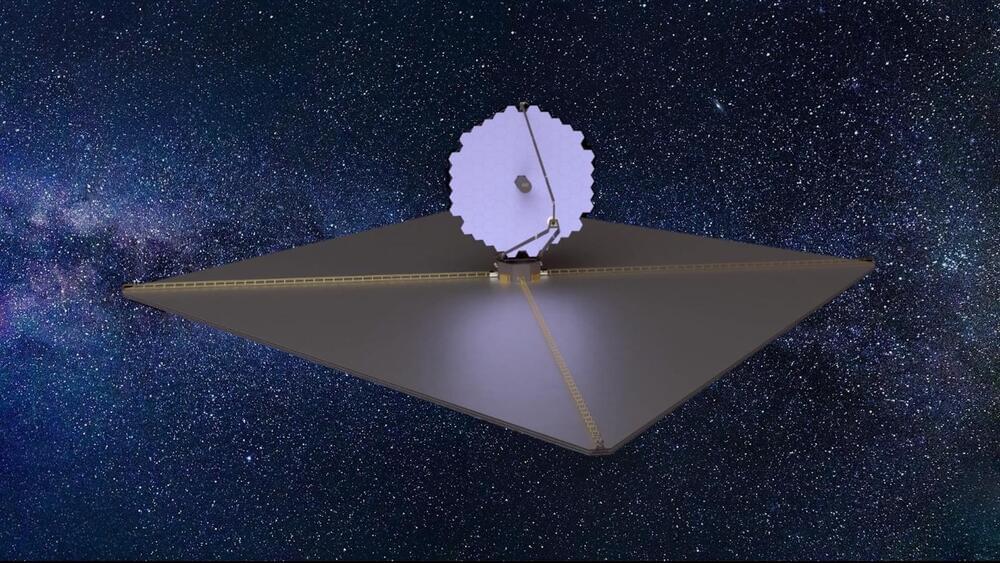UltraAir will enable the exchange of large amounts of data using laser beams in a network of ground stations and satellites in geostationary orbit at 36,000 km above the Earth.
Aerospace corporation Airbus and Dutch high-tech industrial supplier VDL Group will jointly develop and manufacture a laser communication terminal for aircraft, known as UltraAir, according to a press release by the first company published on Tuesday.
The concept is based on a project led by Airbus and the Netherlands Organisation for Applied Scientific Research (TNO). The two companies will now prepare a demonstration of a prototype and a first flight test in 2024.








